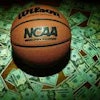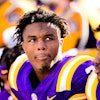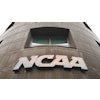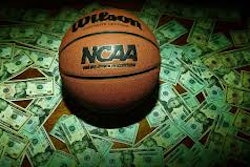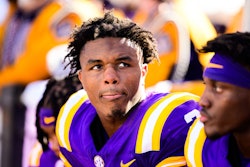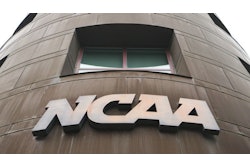College athletics is preparing for a significant policy transformation that will fundamentally alter how student-athletes engage with sports betting.
On Wednesday, Oct. 22, the Division II and Division III Management Councils voted to approve modifications to the NCAA's sports betting policy, permitting student-athletes and athletics department staff to place wagers on professional sports. This decision follows the NCAA Division I Administrative Committee's adoption of the same policy change on Oct. 8. The new regulations will become effective Nov. 1.
The policy shift represents a watershed moment for the NCAA as sports gambling has become increasingly integrated into mainstream American culture. However, the revised policy applies exclusively to professional sports leagues—including the NFL, Major League Baseball, NBA, NHL, and WNBA—while maintaining the prohibition on wagering involving college athletics.
Under current NCAA regulations, student-athletes and athletics department personnel are barred from placing bets on college sports or sharing information with bettors regarding collegiate competitions. These restrictions remain unchanged.
Both the Division II and Division III councils stressed in their announcement that approving the rule change "is not an endorsement of sports betting, particularly for student-athletes." The councils underscored the importance of institutions implementing "harm reduction strategies and resources provided by the Committee on Competitive Safeguards and Medical Aspects of Sports and the Sport Science Institute."
The timing of this policy revision is notable, occurring as NCAA enforcement staff continues investigating sports betting violations at member institutions nationwide. This marks the second major policy change the NCAA has implemented in recent weeks, following the approval of a compressed 15-day transfer window for college football in January.
The policy change acknowledges the reality that student-athletes, like their non-athlete peers, exist within a society where legalized sports betting has become increasingly prevalent, while maintaining protective measures for the integrity of intercollegiate competition.
